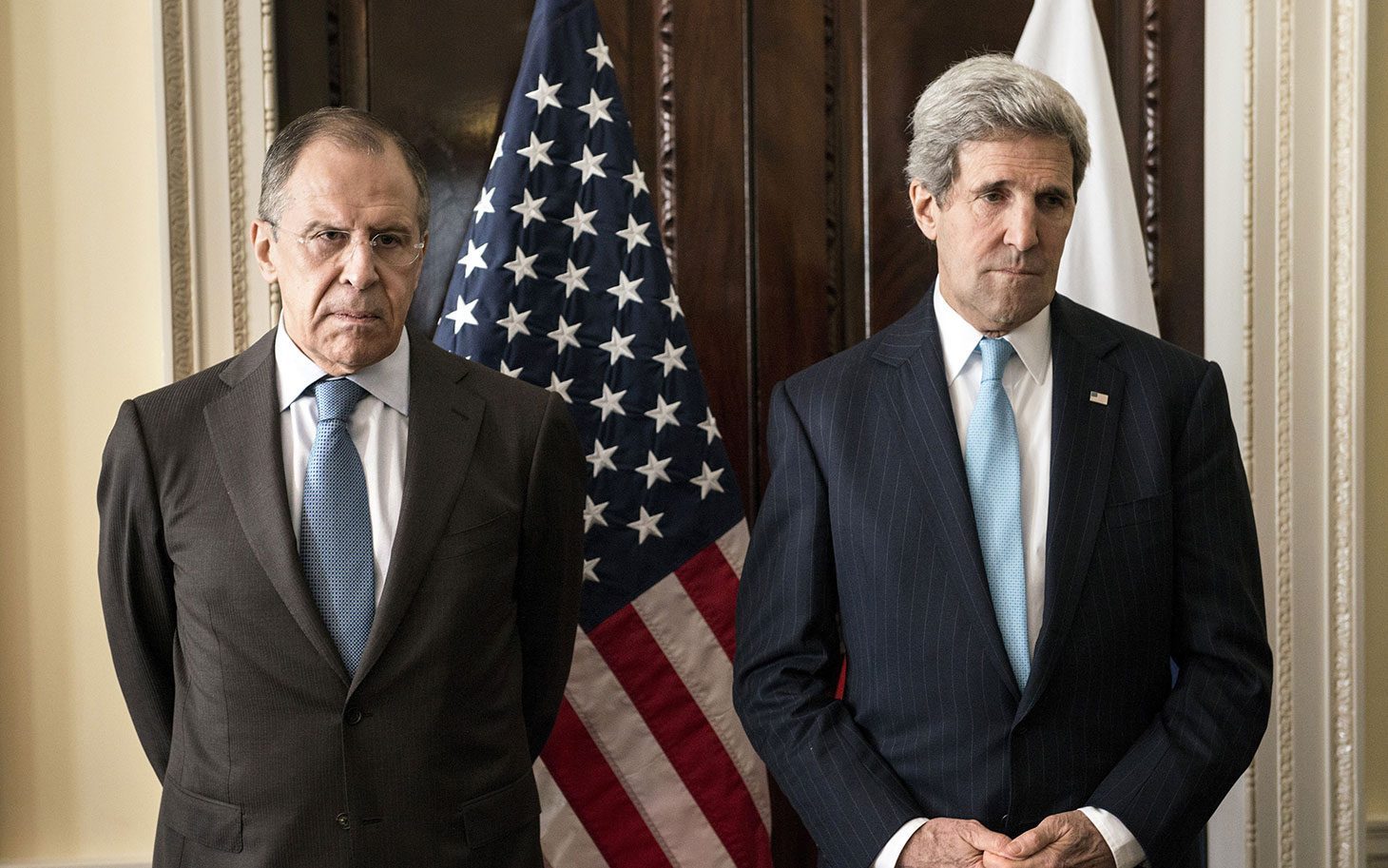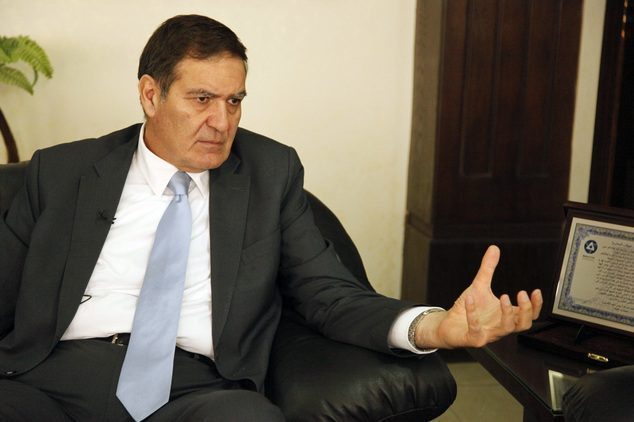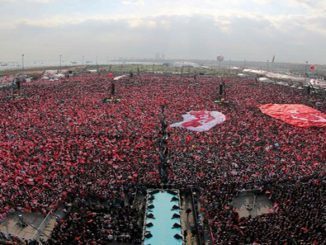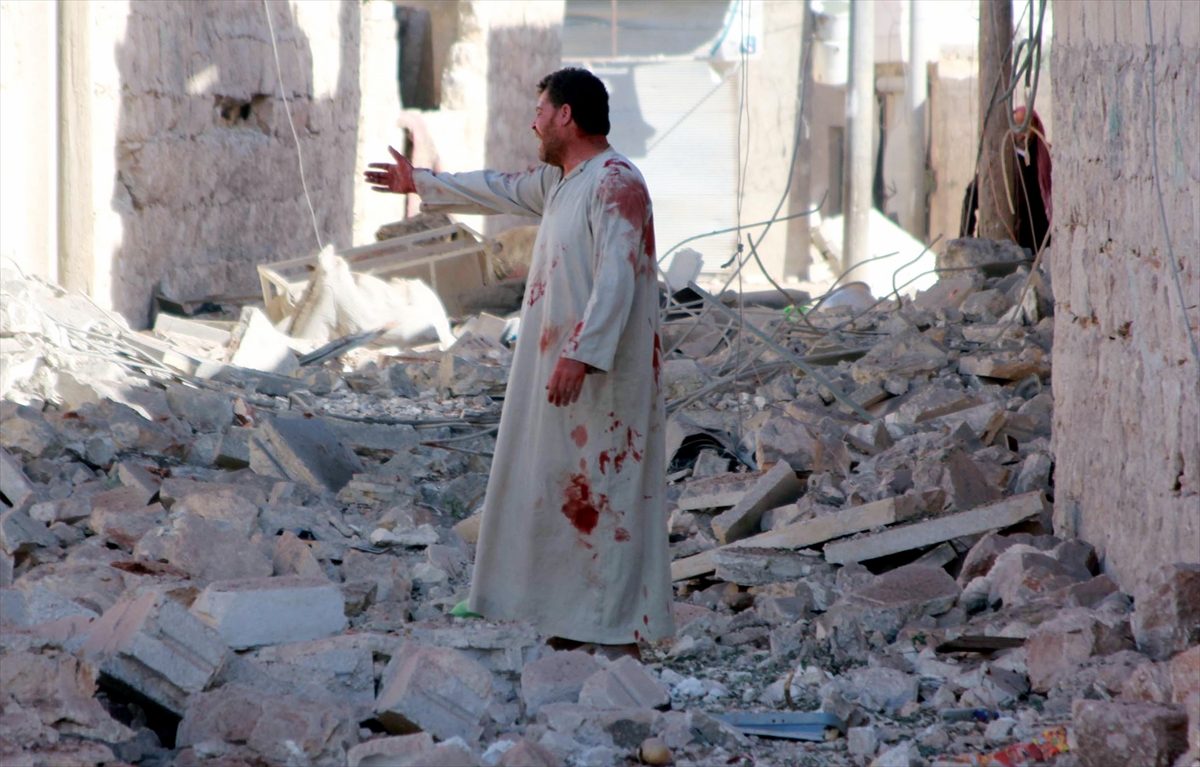
The U.S. said on Saturday it will not send a delegation from Washington to attend the upcoming Syria peace talks in Astana, but only an envoy as an observer, responding by that to the Russian invitation and raising questions whether it is avoiding taking part in these talks.
Many ceasefire agreements accompanied by peace talks meetings were organized to help find a solution to the crisis, but Assad regime and Iranian forces breached every ceasefire and hindered every peace talks meeting without any pressure moves or real steps from the western powers.
The recent months especially witnessed numerous meetings between the US and Russian foreign ministers to find a solution to the Syria crisis, end the violence and start new peace talks but they led to nothing.
In the end, Russia said it has a new plan for Syria peace talks which can be achieved with powers that have a real effect on the Syrian ground.
Russia and Iran both back Assad, but Turkey, a NATO member, has long made clear it would prefer him to step down. Ankara has however sought to fix its relation with Russia in recent months after the coup attempt as the west abandoned its relations with Turkey.
The three countries said they were ready to help broker a Syria peace deal after the three countries held talks in Moscow on Tuesday and adopted a new declaration.
This new relation included Turkey’s moderation of its rhetoric on Assad, changing the goal of its military operation in Syria, decreasing its support for the armed Syrian opposition, and playing a major role in bringing the Syrian opposition to one table with Assad through the newly made agreement as the new agreement shows.
The move, in general, underlines the growing strength of Moscow’s links with Tehran and Ankara and reflects Putin’s desire to strengthen Russia’s growing influence in the Middle East and more widely.
It also shows how fed up Russia is with what it sees as long and pointless talks with the Obama administration over Syria. Russian Foreign Minister Sergei Lavrov last week dismissed those talks as “fruitless sitting around,” while Kremlin spokesman Dmitry Peskov announced “almost every level of dialogue with the United States is frozen”, Russia’s RIA news agency reported.
However, Russia changed its tone later and invited the US to the upcoming talks.
Inviting the US again
At a news conference on Tuesday, Russian Foreign Minister Sergei Lavrov said that Russia intends to invite the US to the peace talks.
“We’re now preparing the Astana meeting. We think it would be the right thing to invite the representatives of the UN and the new US administration to the meeting, taking into account that the meeting will take place on January 23, as planned,” Lavrov said.
He added that Russia hopes the incoming Trump administration will accept the invitation.
“We’re counting on the new [US] administration accepting this invitation and being represented by experts on any level they consider possible. It will be the first official contact during which we could begin discussing stepping up the efficiency of fighting terrorism in Syria,” Lavrov added.
Turkish Foreign Minister Mevlut Cavusoglu said on Saturday that Turkey and Russia had decided to invite the United States to the Astana discussions, which begin on Jan. 23.
The Russian ambassador to the United Nations Vitaly Churkin, has joined calls for the UN to be onboard during the Syria peace talks in Astana. According to Churkin, UN representatives could act as “moderators of contacts between the Syrian sides.”
Farhan Haq, a spokesman for the UN Secretary-General, told RIA Novosti that the UN “has received an invitation to take part” and will attend. He added the UN representatives will “try to give maximum support” to the negotiations.
However, the US administration said it will only send an observer to the talks
“immediate demands of the transition”
The U.S. State Department said it will not send a delegation from Washington to attend Syrian peace talks due to immediate demands of the transition.
“We welcome and appreciate Kazakhstan’s invitation to participate as an observer,” Toner said in a statement, “Given our presidential inauguration and the immediate demands of the transition, a delegation from Washington will not be attending the Astana conference.”
“The United States is committed to a political resolution to the Syrian crisis through a Syrian-owned process, which can bring about a more representative, peaceful, and united Syria,” Toner added.
The US seems not eager to take part in the peace talks, either due to the policy of the new American president Donald Trump, or its refusal to be forced to accept Russia’s choices of the political process.
Attendance at the Astana talks would put the Trump administration at the same table as Iran, as well as Russia. During his campaign and post-election transition, Trump sharply criticized former president Barack Obama for alleged weakness toward Iran over its support for terrorism and weapons violations, as well as what he called the “bad” Iran nuclear deal.
Staffan de Mistura, the U.N. envoy to Syria, has said he will attend the talks in Kazakhstan. However, de Mistura has said he intends to convene separate peace talks in Geneva on Feb. 8. The U.N.-backed talks have been held intermittently. Russia says the Kazakh talks would complement, rather than compete with, the U.N. talks
The Syrian crisis began as a peaceful demonstration against the injustice in Syria. Assad regime used to fire power and violence against the civilians and led to armed resistance. 450.000 Syrians lost their lives in the past five years according to UN estimates, and more than 12 million have lost their homes.



